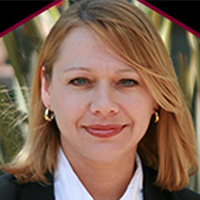Upland Bankruptcy & Debt Lawyer, California
Sponsored Law Firm
-
 x
x

Click For More Info:
-
Stratton & Green, ALC
3703 Camino Del Rio S Suite 100B San Diego, CA 92108» view mapBankruptcy & Debt Law Exceptional Advocates.
Stratton & Green is proud to serve as a modern advocate, in that it takes an innovative approach by not only litigating cases through trial but whenever possible.
800-803-3091
Ramiro Flores Munoz
Commercial Real Estate, Litigation, Business, Credit & Debt
Status: In Good Standing Licensed: 15 Years
Robert John Spitz
Employee Rights, Corporate, Credit & Debt, Personal Injury
Status: In Good Standing
Robert J. Spitz
Employee Rights, Corporate, Credit & Debt, Personal Injury
Status: In Good Standing Licensed: 49 Years
Richard Ralph Rohde
Landlord-Tenant, Motor Vehicle, Credit & Debt, Medical Malpractice, Accident & Injury
Status: In Good Standing Licensed: 24 Years
Arturo Angel Burga
Immigration, Family Law, Criminal, Bankruptcy, Accident & Injury
Status: In Good Standing
Keith Quang Nguyen
Tax, Living Wills, Estate Planning, Bankruptcy & Debt
Status: In Good Standing Licensed: 15 Years
Michael James Luther
Bankruptcy, Personal Injury, Insurance, Family Law, Criminal
Status: In Good Standing Licensed: 12 Years
Nicholas Basil Spirtos
Construction, Corporate, Credit & Debt, Personal Injury
Status: Suspended Licensed: 26 Years
 Sabrina Green San Diego, CA
Sabrina Green San Diego, CA Practice AreasExpertise
Practice AreasExpertise
